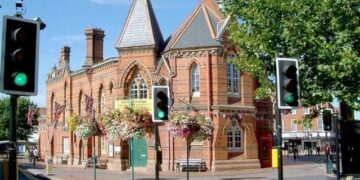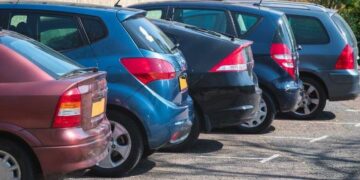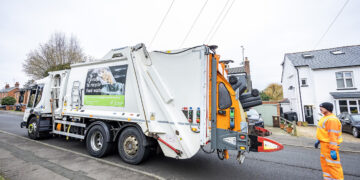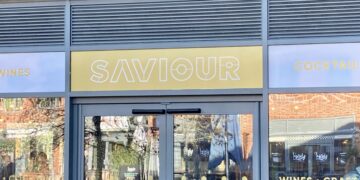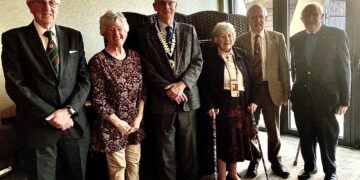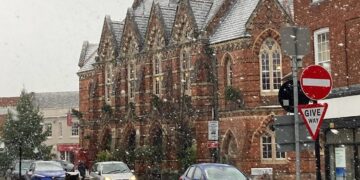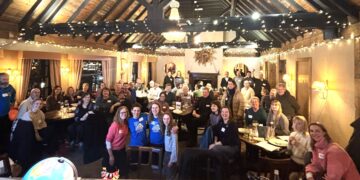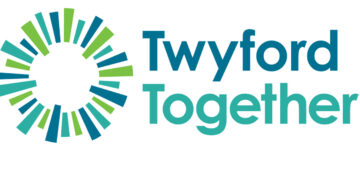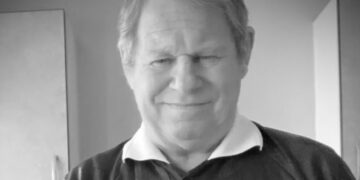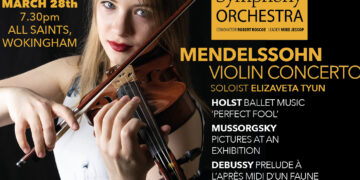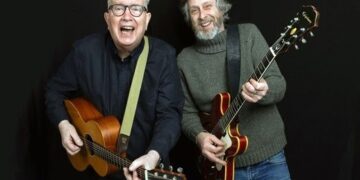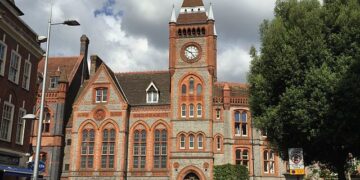There’s a scene near the beginning of the film Deliverance where one of the four Atlanta businessmen is gently strumming on a guitar. A young boy responds, but playing a banjo.
The guitarist repeats the chords in a different key, which the boy follows.
The process continues as the tune gets added to, becomes a duet and slowly speeds up until it reaches such a complexity and pace that the guitarist just stops, saying “I’m lost”.
The guitarist’s words in this four-minute scene portrays a sense of dislocation and detachment that, after months and months of lockdown, may feel familiar to many of us.
A gathering storm
Feelings of exclusion have been amplified by lockdown, where the absence of social interaction is driving unusual or borderline behaviour.
Traditional nuclear families have been feeling the strain of not only looking after, but also educating young children. With slender or no contact with any extended family, they’ve no safety valves.
Those living in extended families have different issues as the grandparents help with looking after the children of school age. Or at least they used to.
I’ve learned of six people who’ve been into various hospitals recently. Four contracted Covid and one died.
A conversation with a friend in Slough a few weeks ago revealed that five of the lady’s elderly relatives had contracted Covid and all died.
Not only had five families lost their guides and sense of direction but also the very people who’d looked after the children while the parents were working.
For unpaid carers, the pandemic-enforced absence of support from neighbours, friends and family has added stress and strain above that which everyone else is experiencing.
For those of university age, where previously they‘d be leaving, they’re now stuck at home, no mates to be friends with and no friends to mate with.
And when university is over, they can’t afford to buy a house. So it’s more of the same for … ever ?
What it all adds up to is that instead of knowing of a “Billy no mates”, we’ve all become “Billy no mates”.
Outbreaks of thunder
And while that short video clip of Handforth Parish Council a couple of weeks ago might have been amusing or shocking for some, it looks like Jackie Weaver was parachuted in to deal with an alleged unpleasant demagogue.
A bully who was so used to getting his own way that others deferred to him, at the expense of cohesiveness, of their personal integrity and ultimately of achievement and public service.
More recently, on Saturday last a number of people assembled in London for a peaceful vigil in tribute to Sarah Everard, the murder victim last sighted on Clapham Common. With frayed tempers and poorly thought through legislation, what followed was as inevitable as it was unfortunate.
Facing individual fines of up to £10,000 each, the original organisers pulled out. But people turned up anyway.
Vigil holders were too close together, the occasion was arguably ‘over-policed’ as one woman was very visibly and publicly restrained, arrested and subsequently fined.
Those photographed pushing against police, breaking a wing mirror, filmed screaming and waving their fists at police were all men.
The damage done
The failure of this vigil wasn’t the organisers, nor the participants and certainly not the police either.
That responsibility lies with MPs for ‘nodding through’ coronavirus regulations without considering how they’d be enforced later.
Those same MPs who are debating legislation this week in which rights of assembly and protest will be further curtailed.
After which it’ll be an offence to protest noisily and as for protesting in Parliament Square – forget it, that’s being criminalised too.
This isn’t just bad law, it’s bad legislators.
And if ever you needed perspective on why it’s bad, Sunday’s interview with Jess Philips MP should give everybody pause for thought – particularly the government apologist who followed her.
Political. Incorrectness
The ABC of writing commentaries is simple – Always Be Checking.
This came unglued last week over the date of the local elections, which are of course being held on May 6th, not May 7th as I’d written.
Oh dear, oh dear.
Except that the 6th is polling day and this year the count is being held from the following day, May 7th.
So while we vote on the 6th, the outcome won’t be known until at least the 7th, possibly the 8th. Or the 9th.
As to when the councillors are actually elected – well – you decide.
But if the elections are on the 6th rather than the 7th, I simply don’t know how anyone’s going to cope with electioneering being cut tragically short some 24 hours earlier than I’d so boldly (and allegedly wrongly) gone.
Quite well I suspect.
But it’ll be a while before Britain’s back to its usual state, all at sixes and sevens.

